One of the biggest issues I’ve come across in interviewing and assessment is bias. Hiring decisions can massively impact someone’s life and if candidates are being scored too generously or harshly it is a big problem. Most people don’t realise they are being biased, but with awareness on the topic growing the “ignorance is bliss” approach is becoming less and less acceptable.
After speaking to some incredibly talented individuals in resourcing and recruitment I realise I’m not the only person worried about bias in recruitment and people have started to talk about it more openly and want to take action.
Unfortunately bias can creep in to companies’ interview and assessment process. I’ve seen it in practice, when people intentionally discriminate against people who are different from them or who they stereotype as not being able to do the job. One factor contributing to this is focusing too heavily on “cultural fit”, which in some instances can lead to a homogeneous workforce. The problem of basing hiring on cultural fit can be compounded by internal job referral schemes, which can be a double edged sword. Great employees know other great people, but their peers inevitably have gone to the same school or university and end up having similar backgrounds. In some cases this can create an enjoyable working environment, but it is not the right way forward to build a successful company that can stand the test of time.
If you’re a startup or SME referrals might be the only way to find someone actually willing to join your team, but you can take steps to build a more diverse network and advertise as widely as possible for free*. For larger companies who have thousands of job applications using a referral scheme to streamline the recruitment process can have serious implications in the long run and it can turn interviews into a formality.
These final stages of the recruitment process are vital, whether it’s face to face interviews, assessment centres or realistic work simulations. If this part of the process is broken, it doesn’t matter how much effort you put in to attracting a diverse range of talented candidates at the start, the wrong people will get the job. Some companies try to minimise this risk by getting candidates to complete similar interviews multiple times with different interviewers, which can become a test of endurance for the candidate. This is not a great candidate experience and can result in talented candidates dropping out. An alternative to this laborious multiple interview approach is the panel interview which can be a nightmare to arrange and again can result in a poor experience for the candidate depending on the number of interviewers.
A robust approach to interviewing and assessment are key if companies want to hire and retain the best people and to create a diverse workforce. Unstructured interviews and intuition alone is not going to succeed in the long run.
One of my favourite clients practiced what they preached and tried to minimise bias in the workplace. Their core competency wasn’t “Understanding diversity” it was respecting it. All too often employers can just ask for an understanding of diversity and expect a textbook answer in some sort of checkbox exercise. This client went a step further in their interviews and role plays and assessed candidates on whether they would stand up for what was right and challenge someone to respect other people no matter what their backgrounds or beliefs were. This was a key trait new hires needed to succeed being based in an incredibly diverse working environment with people from a range of different backgrounds.
The above approach is one way of minimising bias but there are also a range of products out there to help companies at different stages of their recruitment process; from gender bias decoding apps to help you find subtle bias in your job adverts, blind CV sifting and anonymous applications through to automated CV searching & screening using AI.
At Equitas we want to help companies reduce bias at the final stage of the recruitment process. Using a digital approach to ensure interviews and assessments are structured and consistent, improving the accountability of interviewers and making that last stage of your recruitment process more engaging for everyone involved. We’re always willing to talk to anyone about interviewing, assessment, recruitment or HR Tech so feel free to reach out.
For anyone interested in finding out more about bias there was a fantastic series in the Guardian at the end of last year that highlighted the wider impact of bias in the UK beyond recruitment.
*A great article referral from Hung Lee’s recruiting brainfood for free job postings sites was – 50 Free Job Posting Sites – an easy and free way for anyone wanting to advertise to a wider pool of job seekers.


